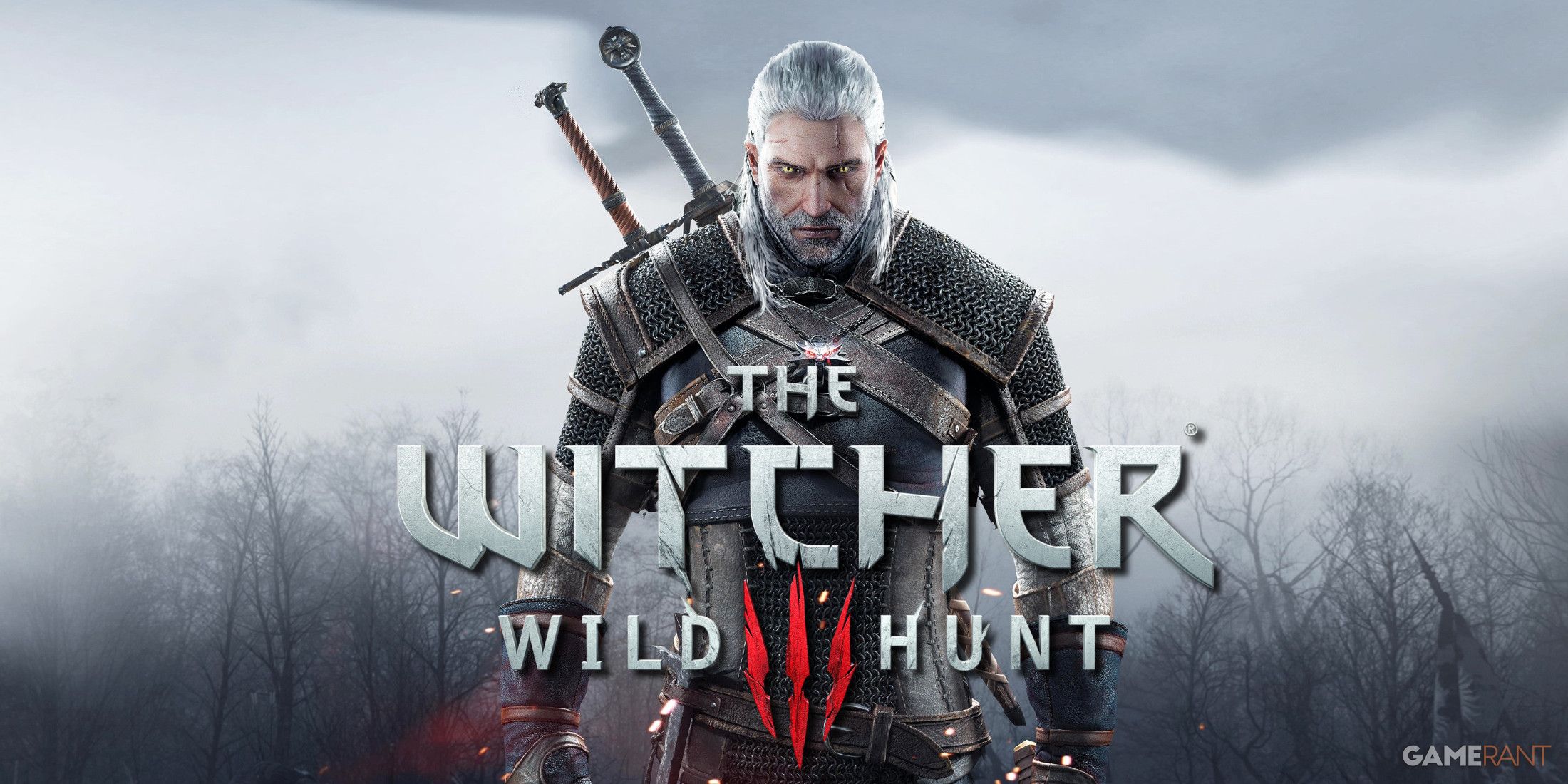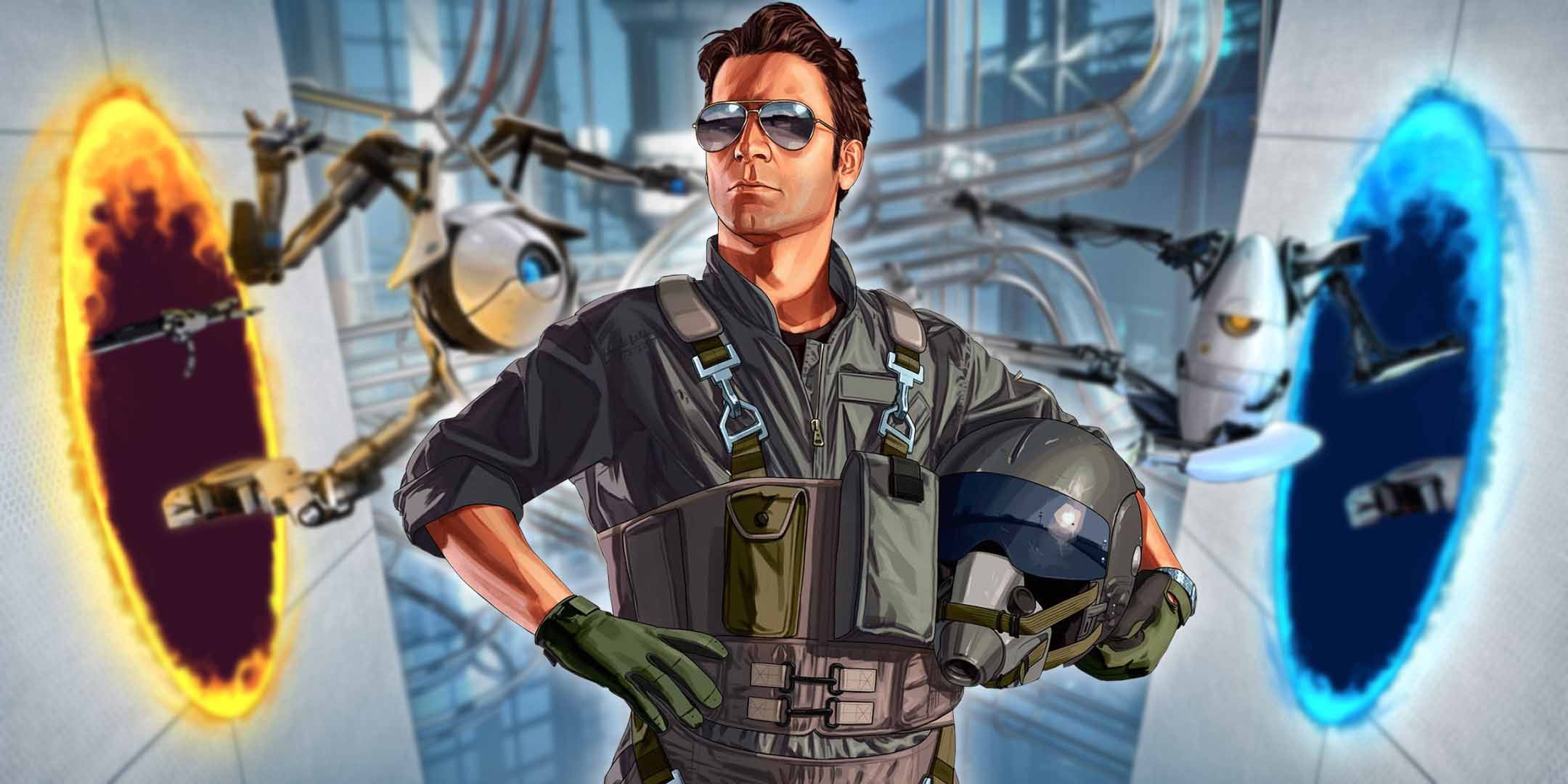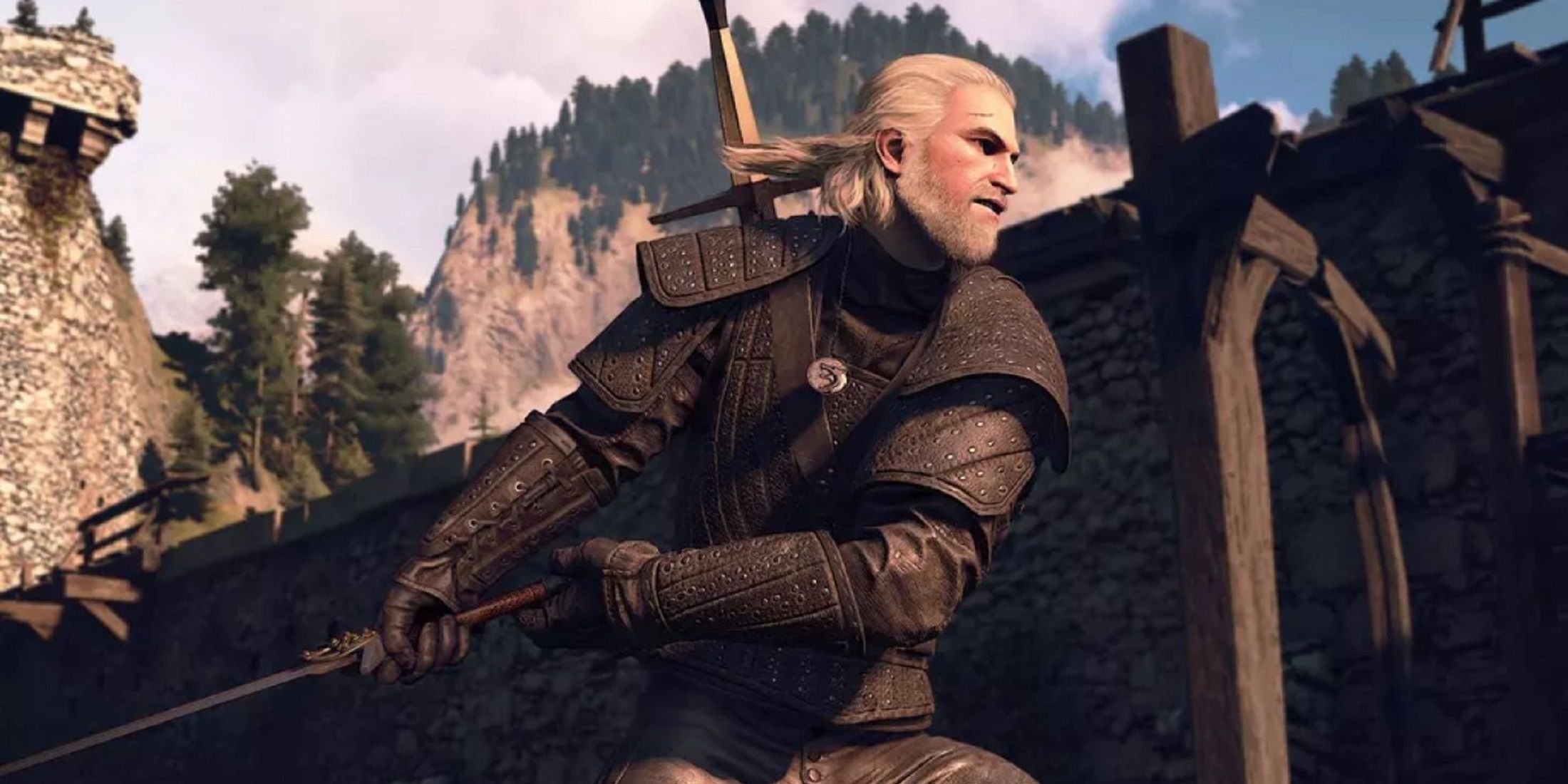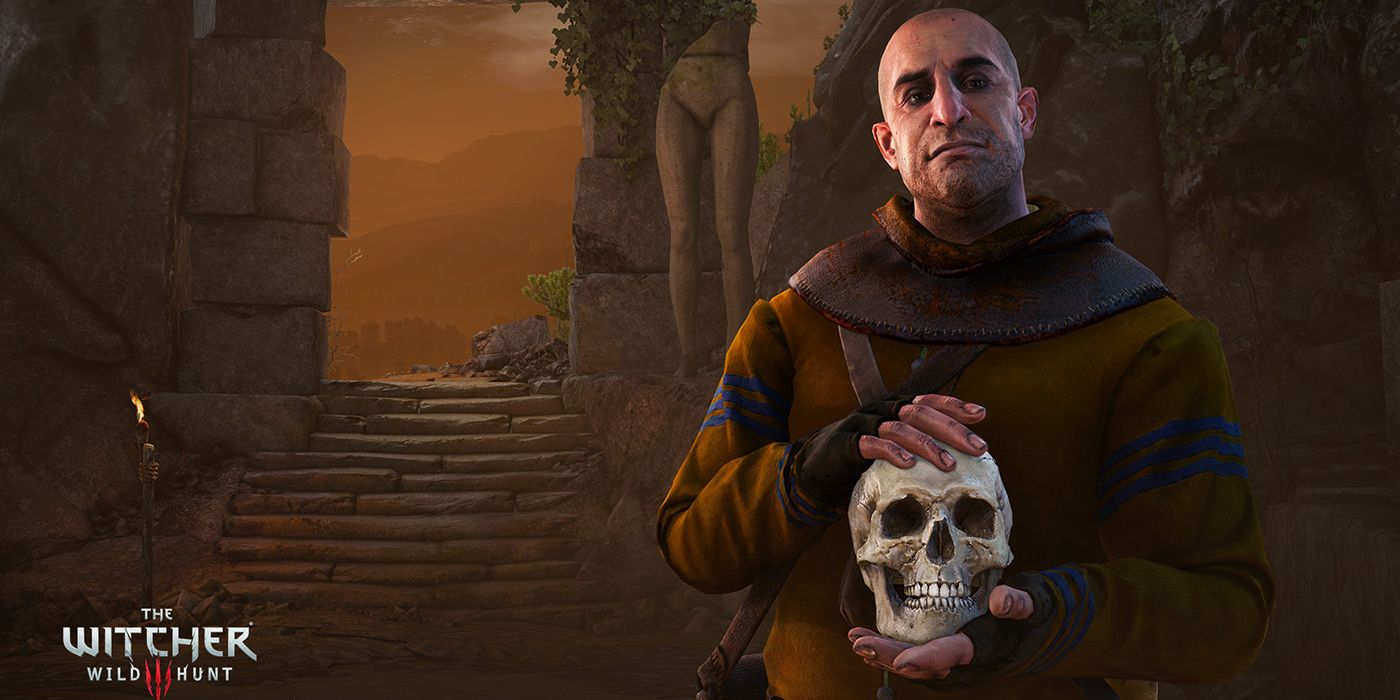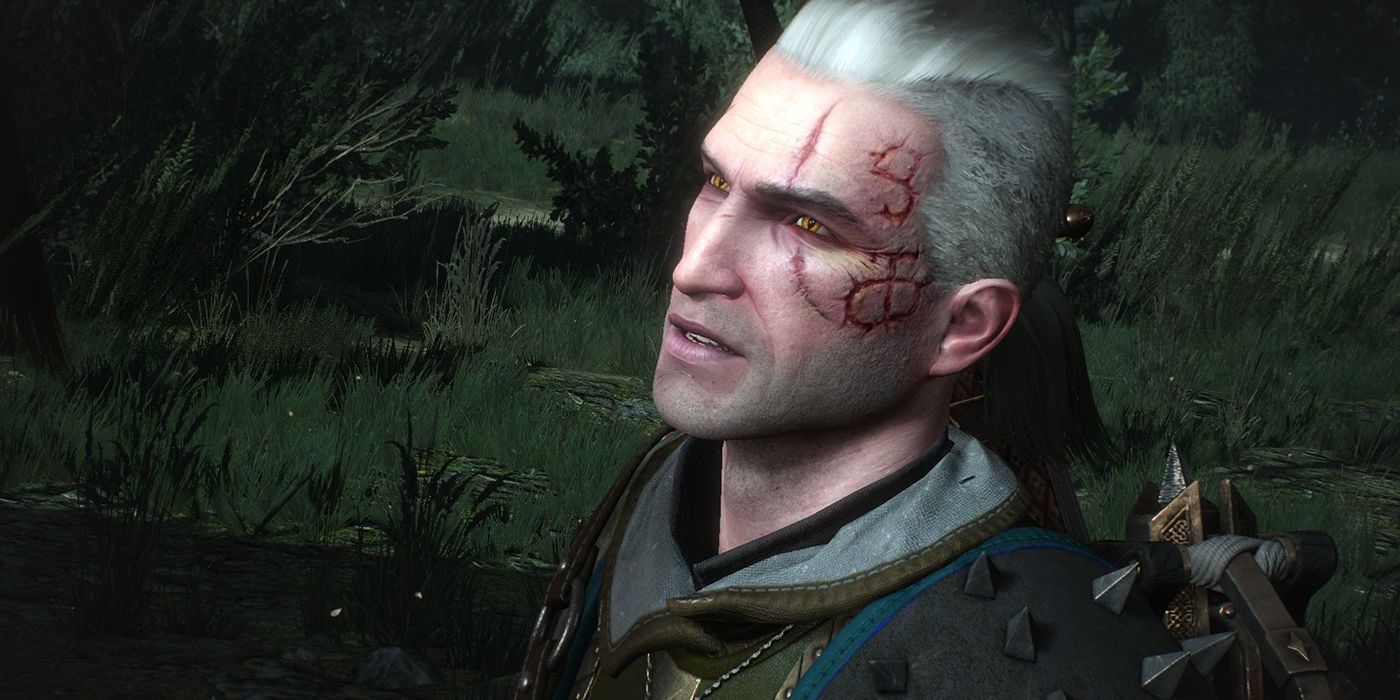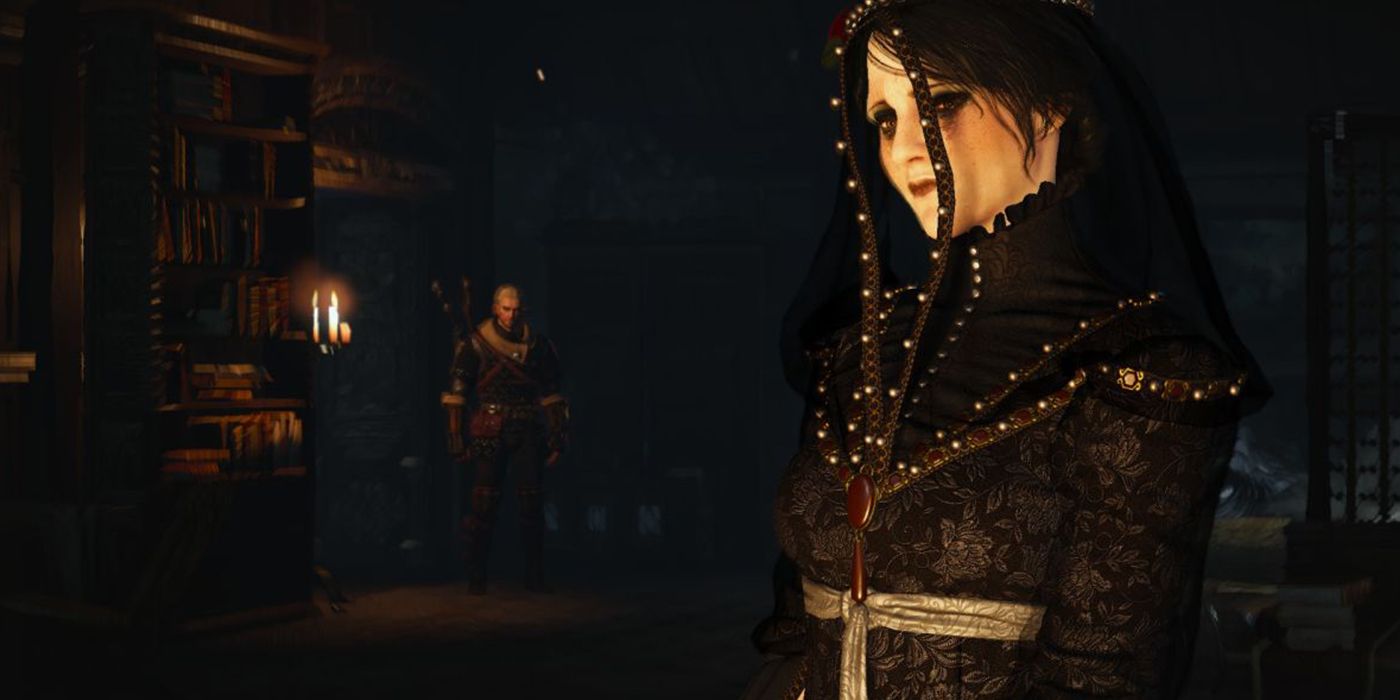Players have no shortage of tough choices in The Witcher 3; from the fate of Geralt and Ciri to even the smaller side quests that nonetheless leave an emotional impact, player choice is front and center in the game. Still, those choices don't end when Geralt (and Ciri) face off against the Wild Hunt, as CD Projekt Red also made sure there was plenty of optional add-on content for The Witcher 3 with the same moral quandaries.
The Witcher 3 is both exceedingly long and extremely eventful, and its DLC are comparatively smaller (but still offer a nice 15+ hours of additional gameplay), so it's easier to give them their own quest round-ups. Since the hardest decisions of the base Witcher 3 game have been covered for players' convenience, now it's time to look at the choices most likely to cause a dilemma in the game's first piece of story DLC, Hearts of Stone.
Without a Trace
First, there's a side quest made available as part of the DLC entitled "Without a Trace." Given that it's a side quest, Without a Trace doesn't actually have any big effect on the main story of Hearts of Stone, but that doesn't mean it can't be ethically challenging. It starts with a simple contract from herbalist Otto Bamber, whose apprentice has gone missing, and he'd very much like the lad to make a swift and safe return. Once Geralt makes his foray into Deadwight Wood, he finds a grisly scene: a bloody trail leading to the village of Erde, which is completely deserted but for one elderly couple. The couple will tell Geralt that Folkert was killed by wolves, but further investigation can lead to the truth of Folkert's whereabouts: a hidden cellar where the apprentice's body has been chopped into pieces to thoroughly that his initial cause of death is impossible to determine.
The couple will claim that the wolves really did kill Folkert, and they were merely going to eat the body (yikes) because they're old and feeble, but are they lying? There's no way to know for sure. So Geralt has a couple of choices: condemn and kill the elderly cannibals there and then, or let them go after making them promise not to eat people again. Then the choices continue if Geralt does let them live because he can tell Otto what is really happening in Erde, or lie.
If Geralt kills the couple himself, he'll see alghouls feasting on their remains upon a later return to Erde. If he lets them live and tells Otto the truth, he'll find the same situation in Erde--Otto makes good on his threat, clearly. And should Geralt let the couple live and lie, he'll find the old man mourning his wife upon a return visit, as she has died from hunger. For an optional quest, that's a lot of morality to weigh on.
The Brothers Borsodi
Now for the main quests, beginning with "Open Sesame!" As one of Olgierd von Everec's requests, Geralt must assemble a team to break into Horst Borsodi's vault. The whole process actually takes up a few Hearts of Stone side quests as well, but the real dilemma presents itself right at the end of Open Sesame when Geralt reaches the vault and his heist partner reveals himself to be Ewald Borsodi, Horst's estranged brother, and Geralt will be forced to pick sides. Horst tries to bribe Geralt to side with him and kill Ewald, whereas siding with Ewald will result in killing Horst and his guards. Furthermore, the situation complicated further depending on who Geralt's safecracker is: Casimir will remain loyal to Ewald, but Quinto will defect to Horst's side.
Ultimately, the choice doesn't affect the overall narrative of Hearts of Stone beyond this one dramatic bit of family drama, and in some ways that makes the choice harder: it really just comes down to the player's perception of each brother, sense of loyalties, and whether or not they'd rather kill one person or several. Horst Borsodi is quite an unpleasant person, but he's got the law on his side. Ewald may have been cheated by his brother, but he clearly doesn't care about collateral damage. Geralt will get the target of his heist either way, so it all comes down to the dreaded "lesser evil."
The Tragedy of Iris von Everec
Another of Olgierd's near-impossible requests is to fetch the purple rose that he gave to his wife, Iris von Everec, years ago. This melancholy quest will lead Geralt to the dilapidated von Everec estate and into a painted world created by the sorrow of Iris's soul, which remains bound to the world despite her death years ago. Hers is not only the sad story of a woman trapped unhappily in a marriage with someone she wholly loved who couldn't love her back, but also a bit of a horror story: in death, Iris's painted world has become warped by grief, and is haunted by a ghoulish caretaker, a wraith in a painting--who both become boss battles too--and two demonic entities trapped there to keep Iris company.
At the end of the quest, Geralt can indeed take the purple rose that Olgierd requested; though it withered in the real world, it's still fresh in the painted world. There's only one problem: the rose is Iris's last connection to her husband and the world, and without it, both she and the painted world in which she waits for Olgierd would cease to exist. Geralt will get a version of the rose either way (he'll take a painting of Iris and her rose to Olgierd if he lets her keep the rose), and Iris herself doesn't know if she'd rather remain trapped but at peace, or be set free but also disappear from the world entirely, so she leaves it up to Geralt. She'll give up the rose voluntarily if he asks, or keep it if he lets her.
If Geralt does let Iris keep the rose, then her two demonic companions are forced to stay there and hope for someone else to free them, while Iris returns to her slumber freed from the sorrows that bogged down her painted world. If Geralt takes the rose, then the demonic cat and dog offer him a warning about Gaunter O'Dimm and he leaves Iris's world as is begins to crumble and vanish around him.
Olgierd's Fate
Finally, the series of main quests lead Geralt back to Olgierd von Everec himself; after completing all of von Everec's demands, Gaunter O'Dimm is free to claim Olgierd's soul. However, by now, players will probably have realized that O'Dimm himself is no merchant or even mere djinn in a bottle, but someone much more sinister. Over the course of Hearts of Stone, it's been made clear that O'Dimm delights in making pacts with people in order to claim their souls, has the power to control time itself with a clap of his hands, and kills those who so much as mildly inconvenience him without guilt or hesitation. So, then, the question is: do players even want to let O'Dimm claim Olgierd's soul?
Geralt can stay out of it and let O'Dimm do his soul-reaping work; in exchange for his help, as promised, O'Dimm will reward Geralt with one of several boons: to be swift as the wind, to never go hungry again, a never-ending bottle of vodka, a bag full of money, or advice on saving Ciri if she hasn't been found yet. Geralt can also challenge O'Dimm, and wager his own soul to save Olgierd: O'Dimm will send Geralt to a twisted world where he must solve a riddle to save both souls.
On the one hand, players might not be feeling too sympathetic to Olgierd, given everything he's done, but much of it was due to the heart of stone that O'Dimm's deal gave him. And on the other hand, it's evident that Olgierd is very much the lesser evil in this scenario, though of course, Geralt won't have to cross O'Dimm if he doesn't want to. Still, standing up to O'Dimm (as the true enemy in this scenario) and saving Olgierd is the "good" ending, and once his heart is returned to its mortal form, von Everec is appropriately remorseful for his sins, promising Geralt that he'll start anew with the second chance he's been given.
One thing is for sure: the entire ordeal begins and ends with O'Dimm and his deals, which means that a world without Gaunter O'Dimm haunting it is undoubtedly a safer one. And after all, Geralt makes his livelihood in keeping the world safe from just such monsters.
While neither party in "Whatsoever a Man Soweth" is clean of wrongdoing, players will have a very strong feel for both von Everec and O'Dimm's characters by that point. When the time comes, those who play The Witcher 3 and its Hearts of Stone DLC will be able to judge for themselves what the "right" thing to do is.
The Witcher 3 is out now for PC, PS4, Switch, and Xbox One.

